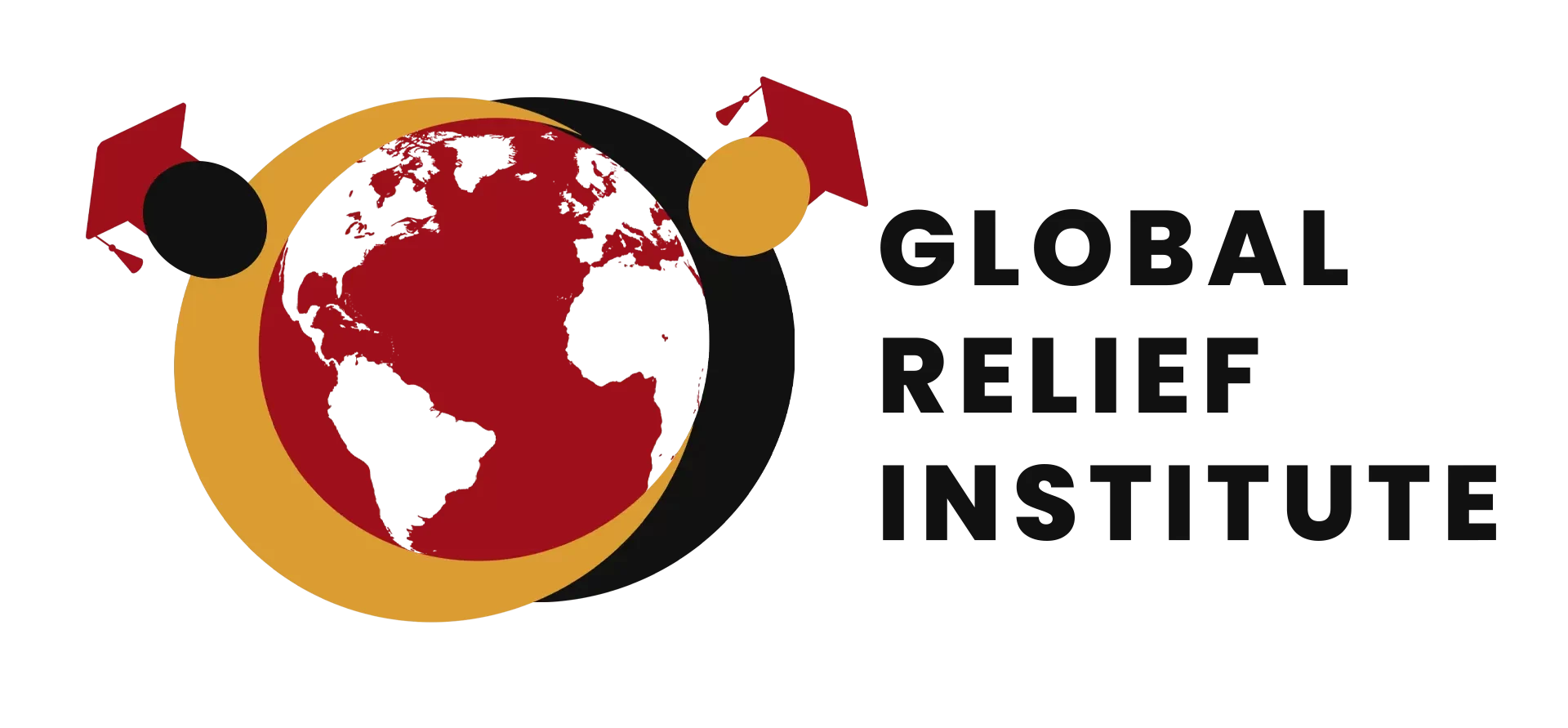Course Overview
GBV is a violation of human rights with serious impacts on the health and social status of survivors.
This course introduces students to general definitions, legal frameworks related, and other concepts of gender-based violence.
Models underpinning mainstreaming and targeted actions on GBV, prevention and response programming, and the need for coordinated approaches are key components of this course.
Learners will gain basic knowledge and skills on GBV and deepen their understanding and engagement on gender-based violence responsive programming.
Course Contents
- Gender based violence definitions, its causes, and consequences
- Understanding of different approaches to preventing and responding to GBV
- Gender mainstreaming and specific actions on GBV
- Gender based violence programming
- Monitoring and evaluation of GBV programs in humanitarian context
- Exercises:
- After reading course materials, students are expected to complete some relevant exercises and tasks to test their own learning.
- Assignments
- Students will be required to submit three assignments to demonstrate their understanding of the course content.
- DURATION: 3 Months
- REGIONS TARGETED: Global
- COURSE FEE: €500
- ORGANIZERS: GRI
- LANGUAGE: English and French
- FORMAT: Online Learning
- GENERAL COURSE CONTACT:
Certificate in Grants Management
Course Overview
Grant management includes strategic planning, efficient grant design, program development and tracking, and having adequate resources to smoothly manage the process.
Course Objectives
Students who complete this course will be able to:
- Understand the roles of both grant makers and grant seekers
- Use a grant management system
- Understand the processes of selecting and applying for grants, adhering to requirements, disbursing funds, evaluating outcomes, and various other steps.
Course Content
- Overview of Grants Management Cycle
- Developing proposal
- Budgeting
- Types of costs
- Grant Award, Contract, Types & contents
- Award Review
- Fundraising Tips
- Implementation
- Compliance
- Eligible and ineligible costs
- Cost Share/ Matching costs
Procurement Procedures - Grant Tracking Tools
- Costs eligibility
- Program evaluation
- Amendment time, costs, activities, partners
- Grant Reporting
- Financial Documentation and Reporting
- Documentation, Internal Controls
- Audit, Narrative Reporting, Partnerships & consortia management
- Donor Compliance, Personnel & Staff Issues (ethics)
- Contracts
- Time sheets Travel & per diem
- Itinerary assigning
- Assets & Inventory Management
- Co-Financing & Multi- Donor Funding
- Indirect Costs & Contingencies
- Close Out Procedures & the Final Tranche
Exercises:
After reading course materials, students are expected to complete some relevant exercises and tasks to test their own learning.
Assignments
Students will be required to submit three assignments to demonstrate their understanding of the course content.
DURATION: 3 Months
REGIONS TARGETED: Global
COURSE FEE: €500
ORGANIZERS: GRI
LANGUAGE: English and French
FORMAT: Online Learning
GENERAL COURSE CONTACT:
Course Overview
Responding to humanitarian emergencies is fraught with difficulties from the outset. Human displacement created by conflict, ethnic cleansing, and politically induced famine often emerges unannounced, rendering it difficult to plan for in the first instance. In any crises, different genders and varied age groups of people suffer in different aspects.
The kind of help to be given to these different categories differs across the lines. The old cannot take care of themselves and even run away including the children. Women and young girls are vulnerable to sexual violence while their male counterparts are likely to be killed as they are seen to propagate violence. Adopting a gender sensitive approach to humanitarian situations is important in ensuring that the needs of all these different age sets and genders are met.
The course aims to equip learners with skills on the importance of addressing gender matters and the approaches to be inculcated in executing the same. Tools to be used in ensuring equitable distribution of justice and help across the divide are also discussed in detail, including the provision of a deeper understanding of the Inter-Agency Standing Committee (IASC) Gender Marker, which is a key tool in humanitarian action.
Course Content
- Key concepts, policies and the legal framework of gender and humanitarian action
- Sex and age as tools for analysis of gender in humanitarian action
- Inter-Agency Standing Committee as a gender marker
- Application of gender-sensitive approach in mitigation of segregation based on gender
- Protection of transgender individuals
- Evaluation of gender across selected clusters in terms of age and sex
- Gender based violence and humanitarian action
Exercises:
After reading course materials, students are expected to complete some relevant exercises and tasks to test their own learning.
Assignments
Students will be required to submit three assignments to demonstrate their understanding of the course content.
DURATION: 3 Months
REGIONS TARGETED: Global
COURSE FEE: €500
ORGANIZERS: GRI
LANGUAGE: English and French
FORMAT: Online Learning
GENERAL COURSE CONTACT:



